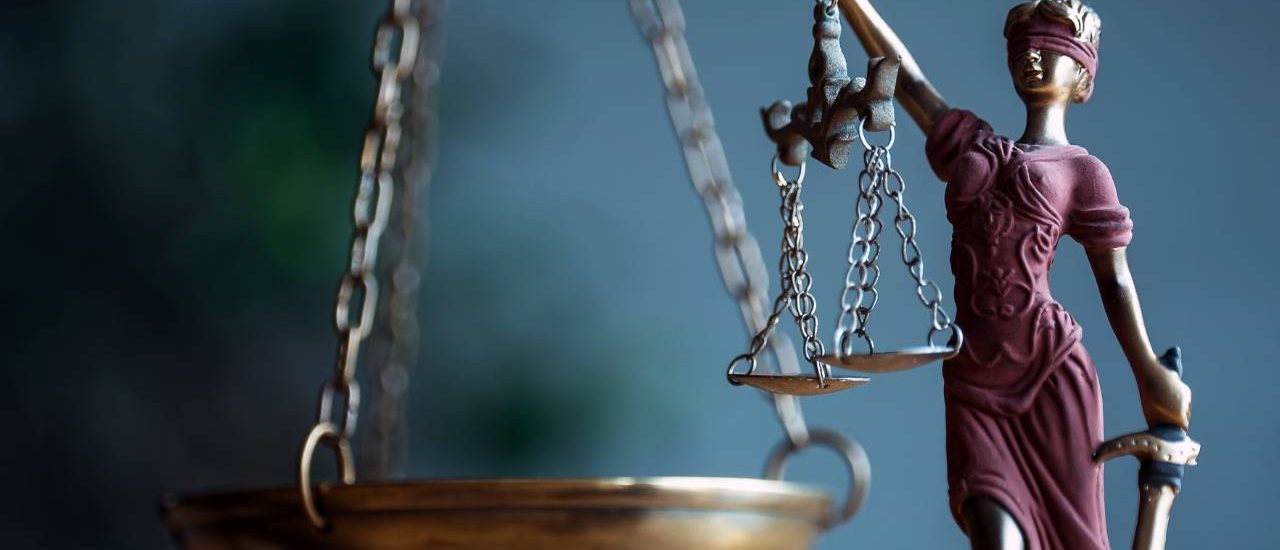Attorneys should report any instances of misconduct or unethical behavior to their state’s disciplinary committee or board in a confidential manner; they will receive notification of any investigations conducted and any resulting discipline taken – both processes being kept under close scrutiny by these organizations.
Reporting obligations arise when one has direct knowledge that raises “substantial doubt as to the lawyer’s honesty, trustworthiness or fitness as a lawyer”. Ethics opinions consider this standard quite high.
The State Bar
The State Bar is an agency responsible for licensing and regulating attorneys. Membership of this body is mandatory for attorneys licensed to practice law in a particular U.S. state, as its functions include administering an entry exam to enter legal practice; taking disciplinary measures against attorneys who commit legal malpractice; public education activities concerning pro bono activities, as well as lobbying efforts that raise legal standards while increasing access to justice systems.
Once a complaint is lodged with the State Bar, it will be assigned to an attorney grievance committee for investigation. This committee will analyze and investigate your grievance, review relevant documents or records as well as interview you and any attorneys involved.
If the grievance committee determines that an attorney may have engaged in professional misconduct, it will initiate disciplinary proceedings against that lawyer. A formal disciplinary action could include censure, disbarment or fines from the State Bar of Texas; additionally, there is the Lawyers’ Fund which offers reimbursement to victims who cannot obtain reimbursement from their attorneys or insurance companies.
The Bar Association
Most states feature what is referred to as a “bar association,” an incorporated body which represents all admitted legal professionals within its boundaries. Membership of such an association often serves as a prerequisite to practicing law within its borders.
Rule 8.3 of the Rules of Professional Conduct mandates lawyers reporting any knowledge they have of misconduct by another attorney to an impartial disciplinary authority, even if only suspicion or rumor. There are a few limitations; firstly you must possess direct personal knowledge of such conduct.
Your complaint must be filed with ODC before your lawyer’s disciplinary proceedings have begun, which means it could take some time before we see results of our investigation of it. While waiting, it would be beneficial for you to find another attorney – for this purpose contact one of the many bar association attorney referral services as your original one cannot represent you in legal matters until his investigation of your complaint has concluded.
The Grievance Panel
New York attorney grievance committees are responsible for investigating attorney misconduct allegations and making recommendations for public discipline. If you suspect another attorney of misconduct, the first step should be submitting a written complaint to the relevant county grievance committee; after which, an investigation will commence including interviews and hearings; it would be beneficial for you to have legal advice during this process.
Rule 8.3 requires you to report knowledge of another lawyer’s violation of a rule of professional conduct to the appropriate tribunal or authority, provided such knowledge is 1) not protected as confidential due to being acquired from clients unwilling to consent for disclosure or from involvement with bona fide lawyer assistance programs and (2) raises significant doubt about their honesty, trustworthiness or fitness as lawyers. It’s important to weigh up both severity of misconduct versus amount of prejudice your reporting could cause your client.
The Disciplinary Board
Many disputes between attorneys and clients involve communication issues or fee disagreements that can be settled without resorting to formal complaints. If the disciplinary committee believes the conduct constitutes improper professional behavior but doesn’t merit formal proceedings, they may issue an informal Letter of Advisement instead; such letters do not become public record.
In cases where the disciplinary committee determines there is probable cause that your attorney committed misconduct, they will notify both of their decision. Should it then be referred to the Supreme Court for consideration of possible sanctions or discipline being administered against that attorney.
New York’s disciplinary system was designed to protect the public by upholding professional conduct rules. While some lawyers may perceive knowledge of this system as indicative of ethical shortcomings on their part, failing to learn about this process could prove both costly and risky for both themselves and clients.



